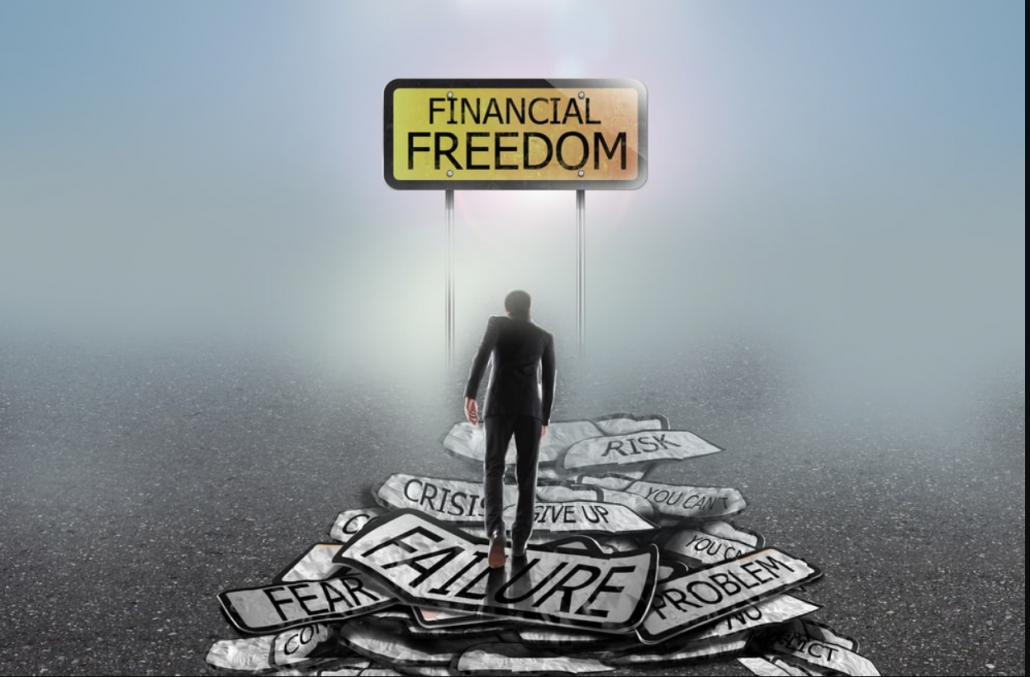Setting Up a Business is About Freedom, Not Money
Running a successful business is the most effective way of making big money. Even if you don’t make it big as an entrepreneur, you’ll likely make significantly more money than what you do as an employee under another entrepreneur.
Ironically, that’s one of the wrong reasons for starting your own business!
The right reason – the core motivating factor – changes from one person to another, depending on their priorities, upbringing, and mentorship they receive in their career.

However, almost all of those reasons gravitate towards a common value: freedom. So, what does “freedom” mean to an entrepreneur? Is it the flexibility to do whatever they want, whenever they want? However, do they want? Not really. Here’s what it means:
Freedom to Give Life to Their Vision
How many of us disagree with the way our bosses run things? It’s almost a universal phenomenon for employees to feel that they can do their job better if given more leeway to perform their duties.
How do you know whether such beliefs are built on a practical understanding of the business context or overconfidence in one’s abilities?
Well, starting your own business helps you test out your beliefs! You have a worldview, and you can put that to the test when you start a business.

The cost of failure is usually high, so you must be quick to discover when you are wrong and correct your course.
So, becoming an entrepreneur is about the freedom to breathe life into your vision and dynamic. And, if you are right, the rewards can be big.
Freedom to Learn
When an employee, you typically align your learning goals and milestones towards specialization.
You try to gain an ever-deeper understanding of your field to become progressively indispensable for your employers and ultimately command better perks, salaries, and job titles.
However, entrepreneurship allows you to develop an extraordinary breadth of skills – sales, marketing, operations, customer relationship management, logistics, and everything in between.
Of course, you may not specialize in each of those fields, but you develop a larger perspective and understand the big picture of your industry.
Freedom to Spend Your Time

As an employee, you not only sell your skills, expertise, and labor to your employer but also a fixed amount of your time every single day! This rigidity may conflict with your other priorities.
Maybe you want to spend more time with your family; perhaps you have other passions to pursue and; the caliber of people you want to work with.
Unless you have an awesome employer when your time does not belong to you, you cannot reorganize it to align with all your life’s priorities.
Running your own business gives you the flexibility to decide your work hours and workdays. You even get to choose the clients you work with. Now, before this gets too rosy, it’s time to take a step back and look at things from a more practical perspective.
Most entrepreneurs, at least initially, struggle with propping up their venture, often working late hours, weekends, and even through holidays for years before they can exert control over how they spend their time or choose their clients.
So, it takes time to build a successful business, but when you do, you get to enjoy the flexibility that comes with being your boss.
Freedom to Seize Control of Your Story
When you are working for someone else, the speed of your growth is usually constrained by several factors like your boss’s perception of your effort, their willingness to reward it, company policy on promotions, etc.
You also don’t get a say in who you choose to work with – whether your teammates or your clients.
Since you spend the bulk of your life in a work environment interacting with abrasive people, it can become frustrating to work.

As an entrepreneur, you can choose who you work with and surround yourself with people who contribute to your growth story.
You can also set your own goals – profits, market share, or even personal fulfillment – to pursue and not chase someone else’s dreams for them.
You Define Your Freedom
You define your freedom – more money, more time, more experiences, more growth, or something else. What’s your idea of freedom in running a business?



